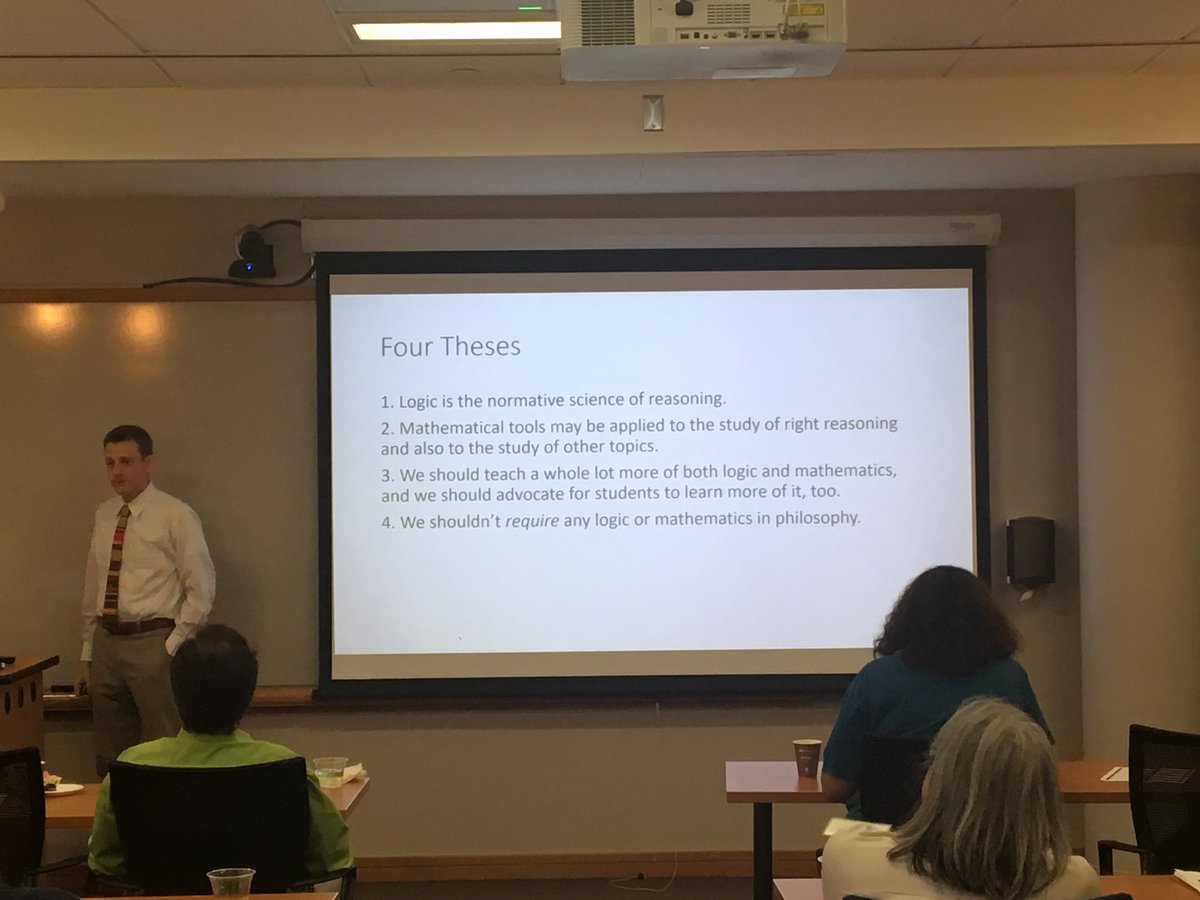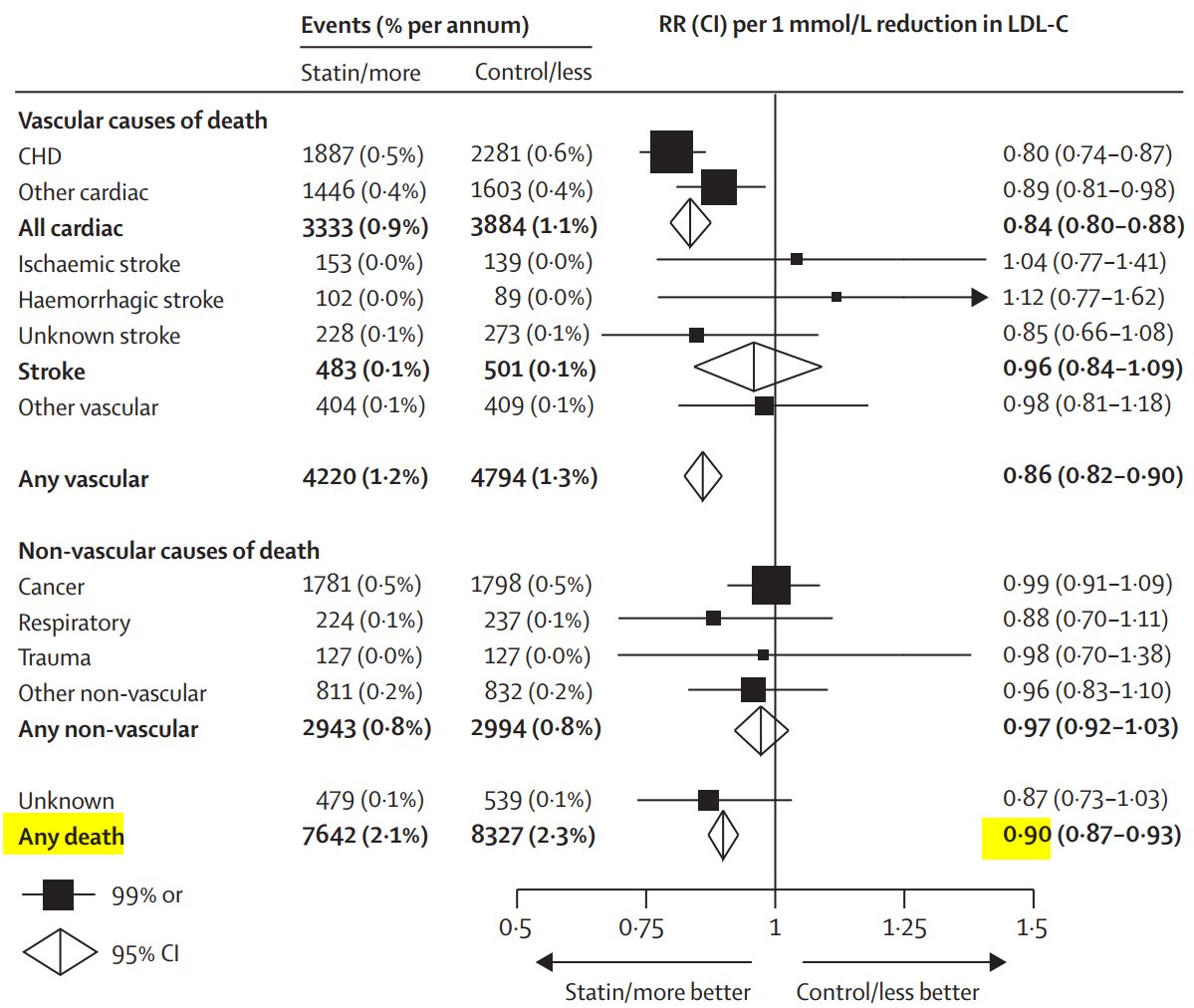
For all factual propositions, p, q, and x:
Pr( p -> q | x) = Pr (q | p & x) only if x satisfies the following condition: screening off - Pr (q | x & p) = Pr (q | p)
[The p's and q's are not capital letters now. Deal with it.]
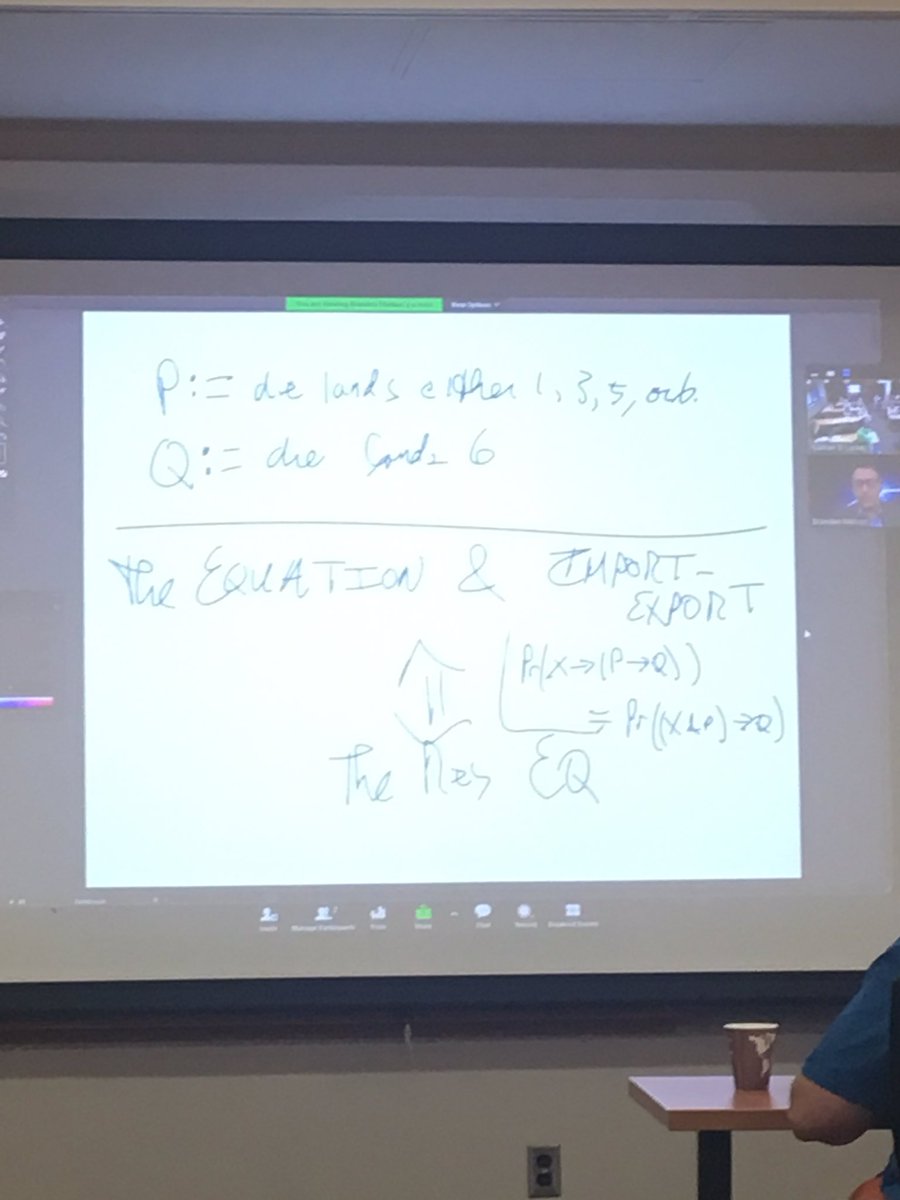
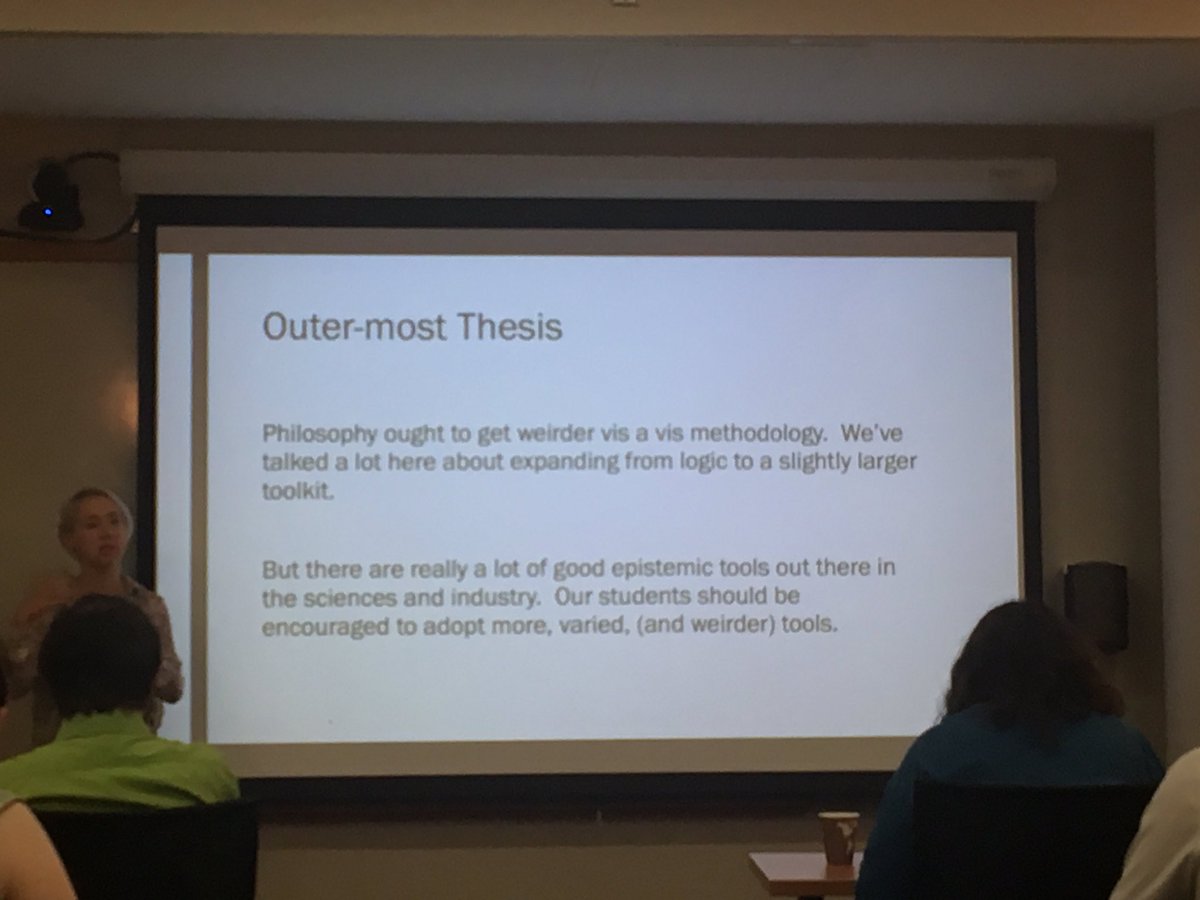
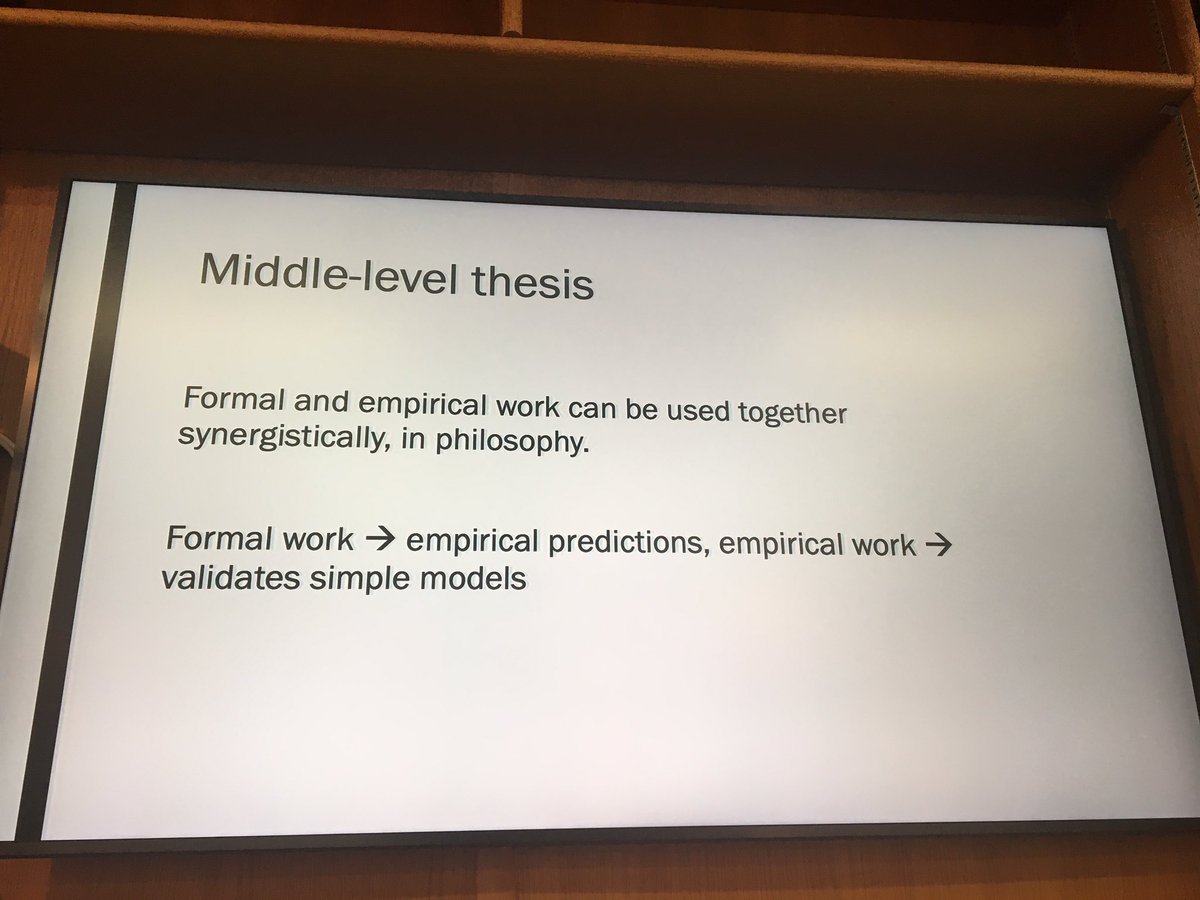
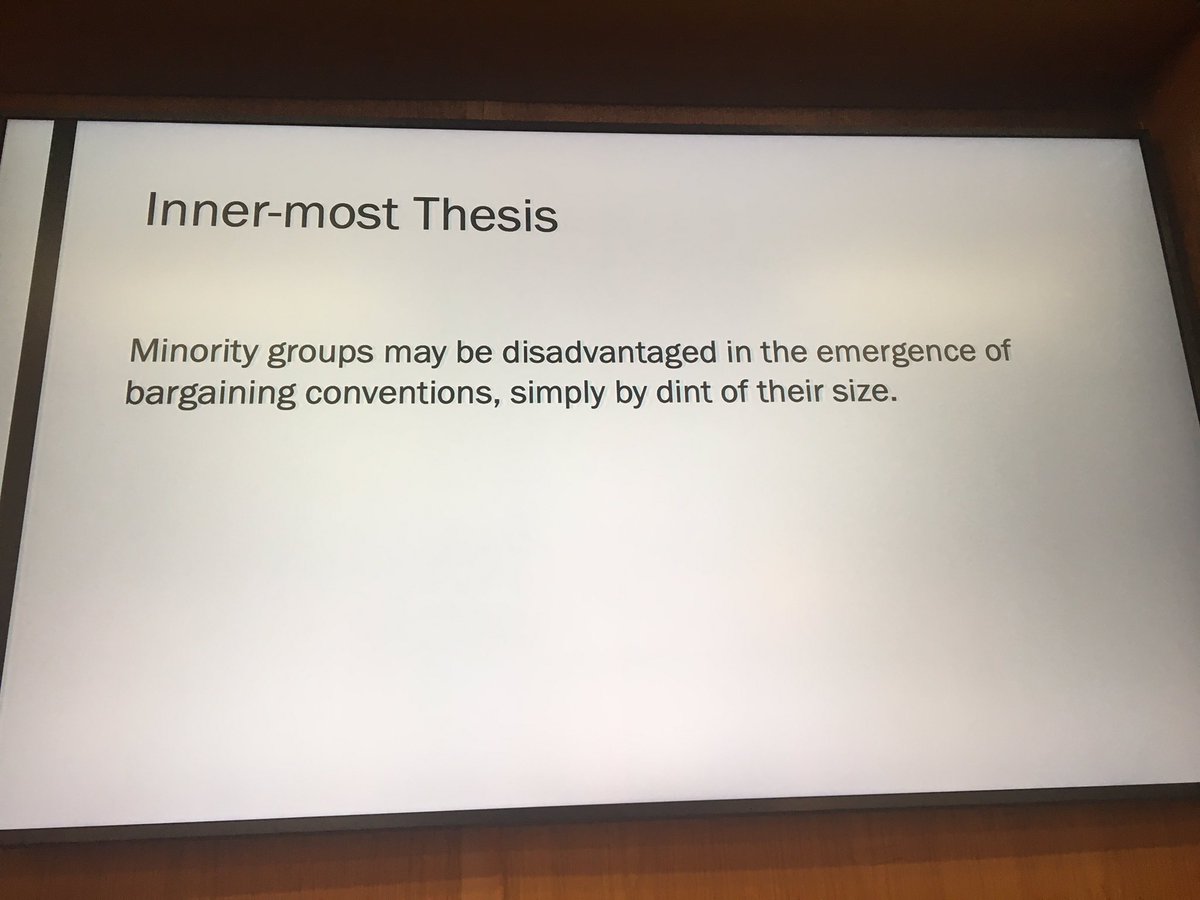
tandfonline.com/doi/full/10.10…
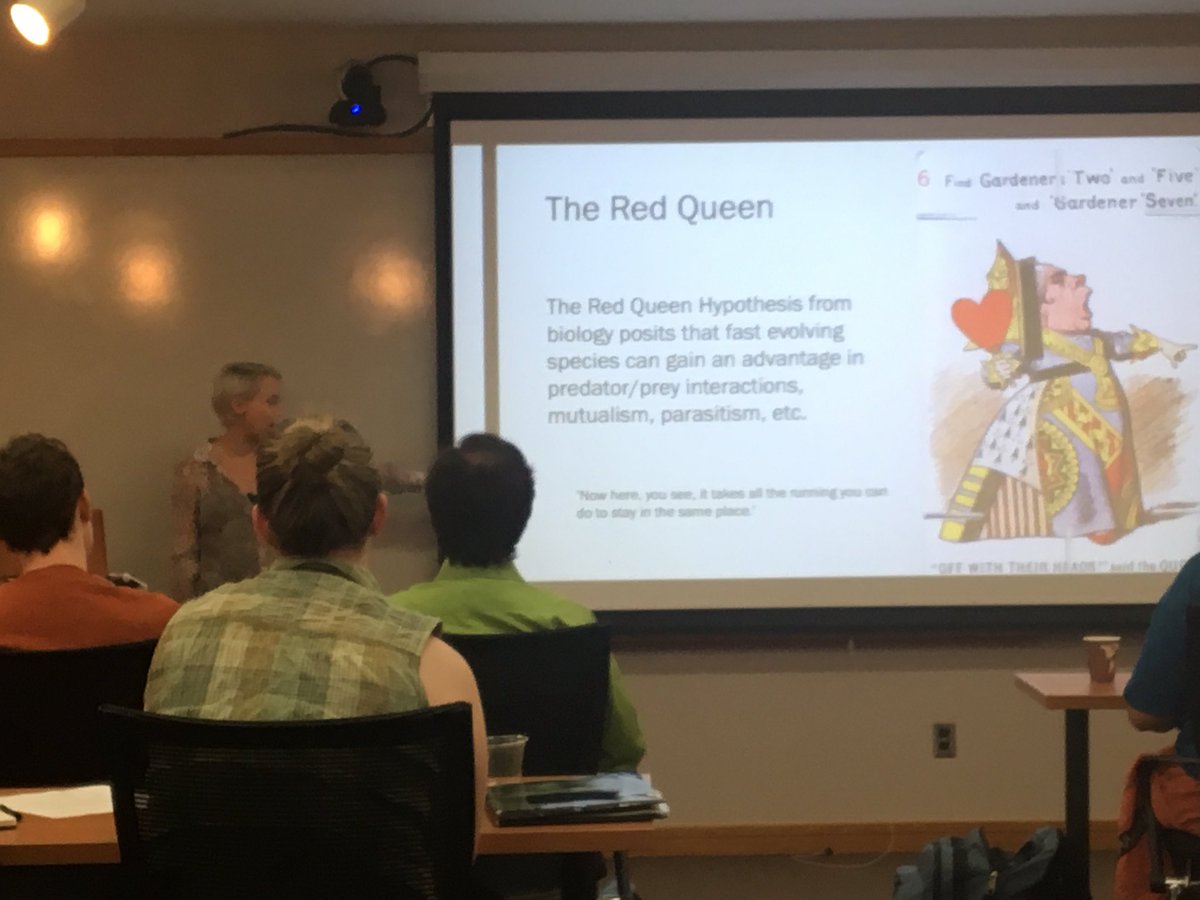
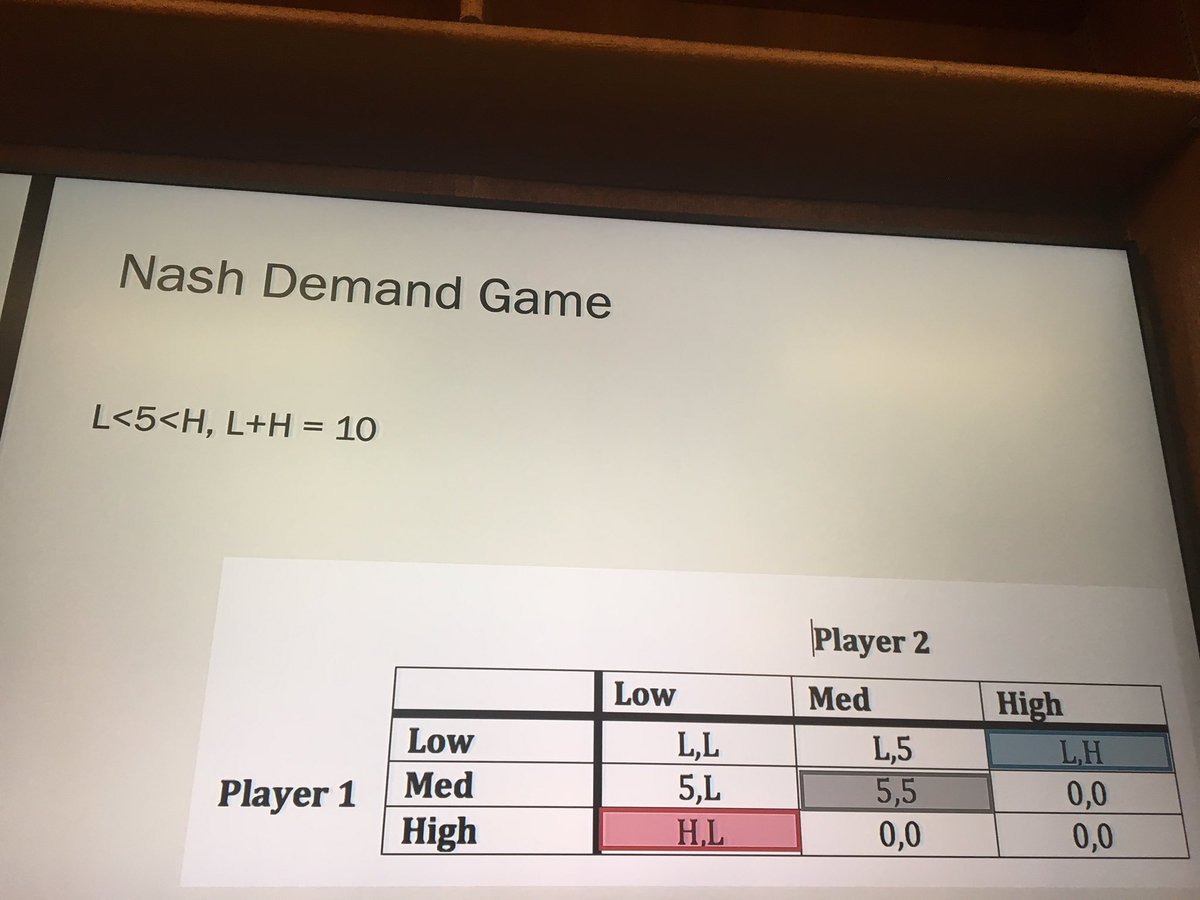
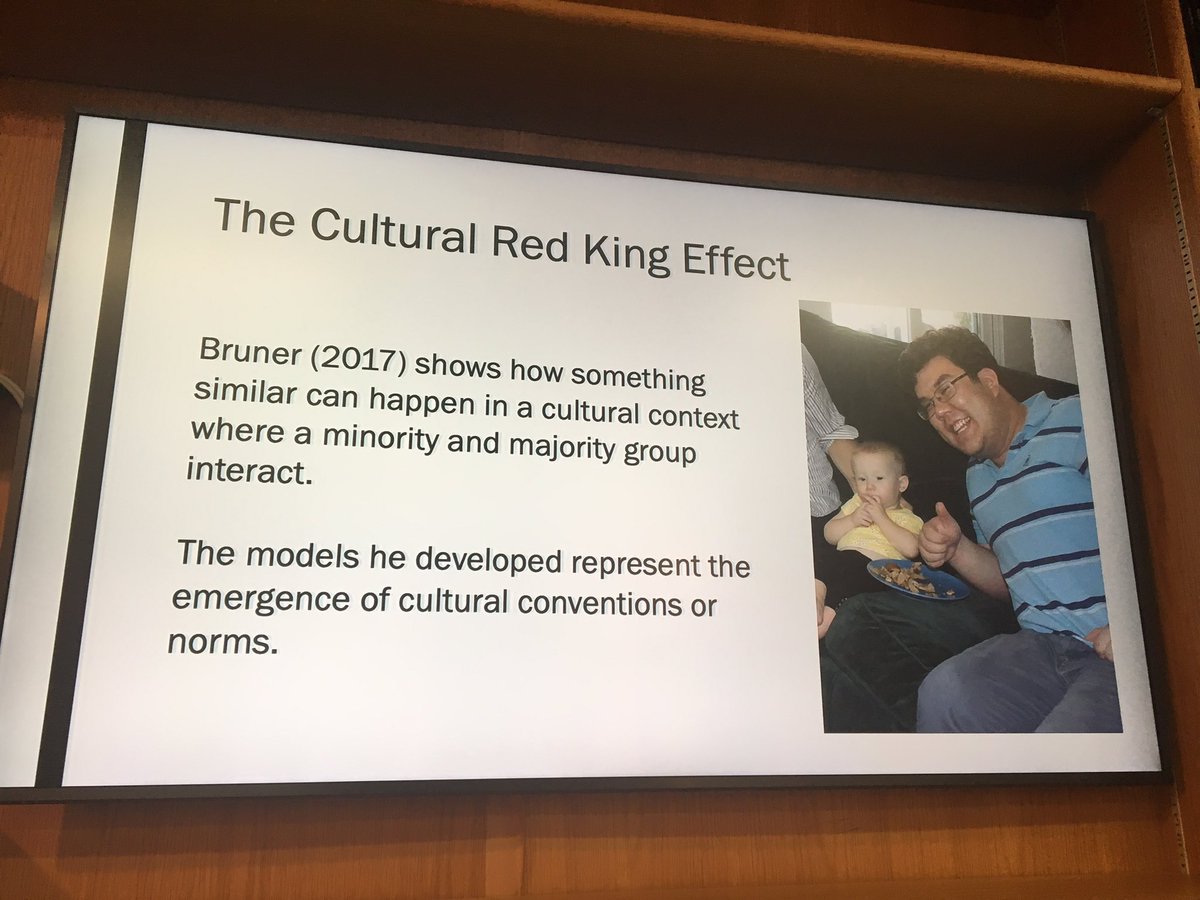
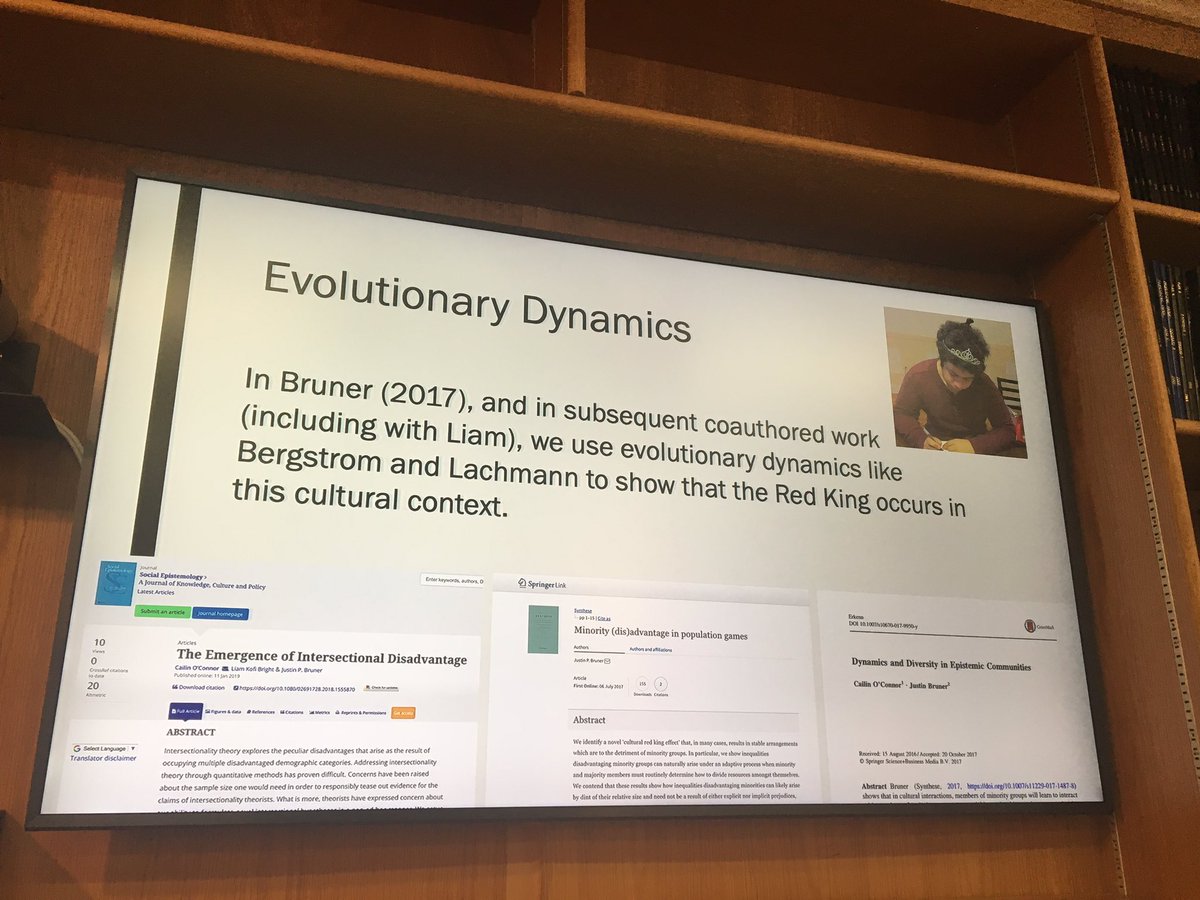
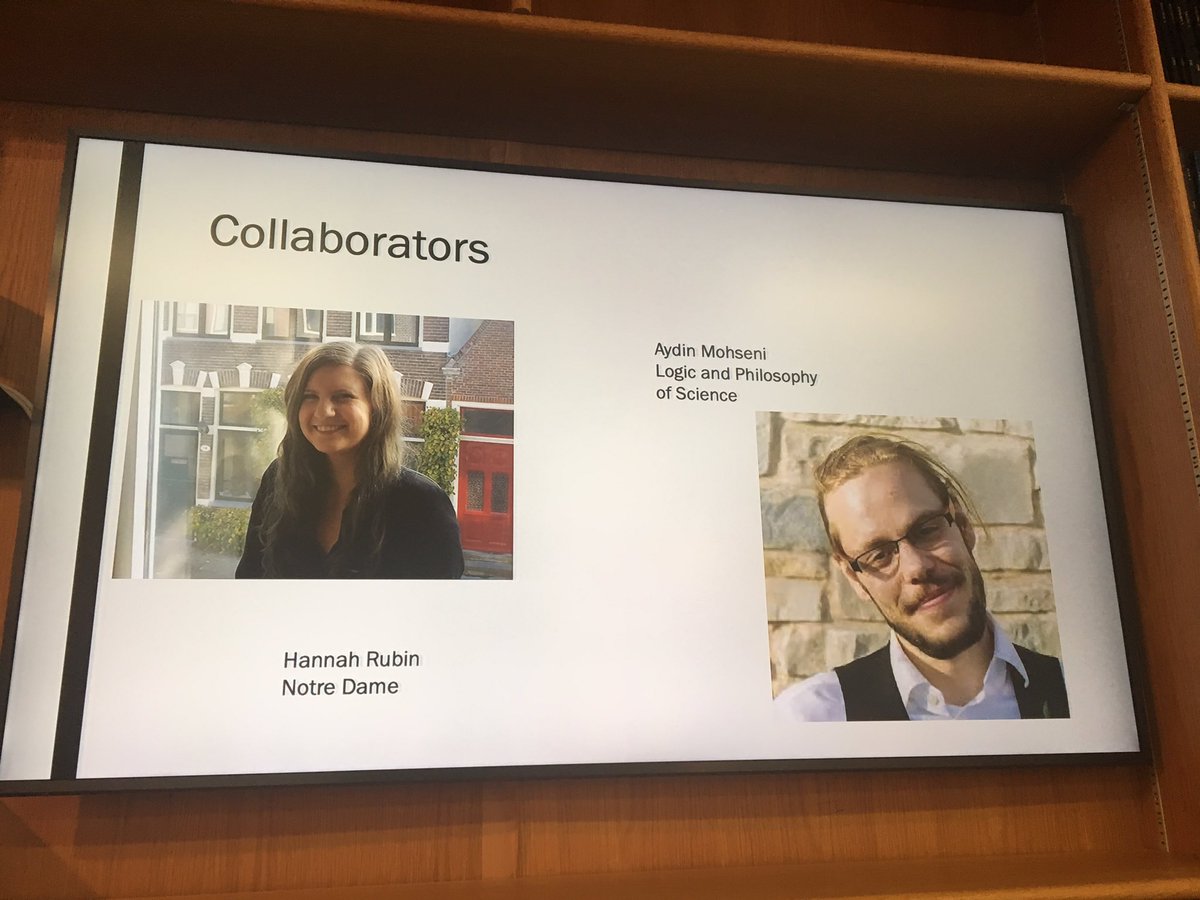
cambridge.org/us/academic/su…
- simplicity
- exactness
- similarity
- fruitfulness
Catarina begins by discussing whether the exactness desiderata compels us to scientism? #RFMP2019
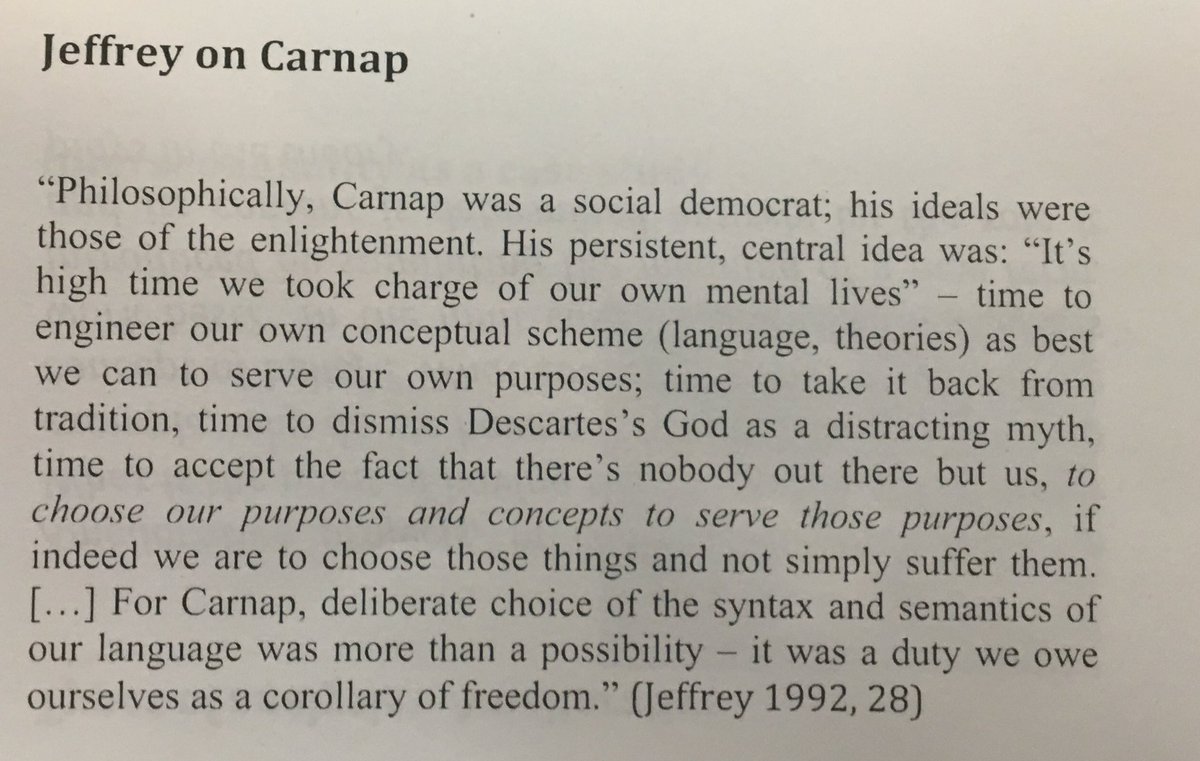

liamkofibright.com/uploads/4/8/9/…
